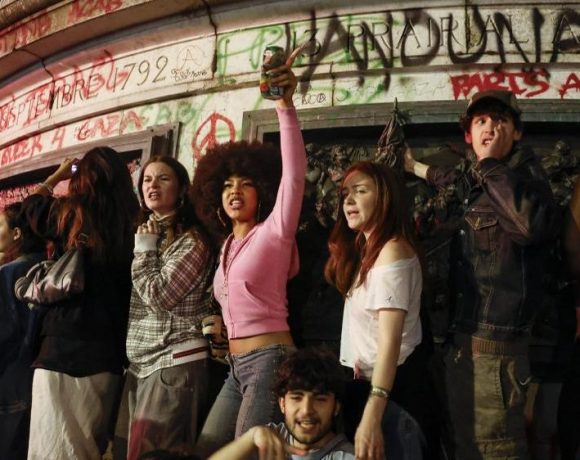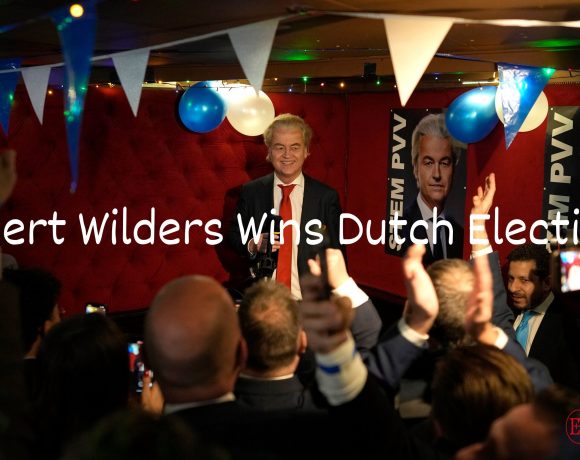
France’s far-right National Rally was widely expected to win the snap election, but they ended up in third place. The left-wing alliance, New Popular Front, secured the most seats after a highly charged and short election called just four weeks ago by a weakened President Emmanuel Macron.
The National Rally (RN) had won the first round, and opinion polls predicted their victory in the run-off round. Instead, France faces a hung parliament with no party holding a majority. RN leader Jordan Bardella attributed their failure to “unnatural political alliances.”
Prime Minister Gabriel Attal, appointed by Macron seven months ago, announced he would resign, though his Ensemble alliance was projected to win three times the forecasted number of seats. This was partly due to 217 candidates, mostly from the left alliance and Macron’s camp, withdrawing to help their rivals defeat RN. This strategy allowed center and left voters to pivot to other parties to prevent the far right from gaining control.
Mr. Bardella criticized the alliances for depriving voters of solutions to France’s cost of living crisis and accused the Macron alliance of facilitating a left-wing victory, which left France in a “quagmire.”
The left-wing alliance, led by Jean-Luc Mélenchon of France Unbowed, now leads the parliament. Mélenchon’s party, seen as far left by rivals, is projected to have up to 94 seats. He declared the president and prime minister should accept defeat, prompting Attal to announce his resignation.
Attal, a popular politician, praised the candidates who withdrew to stop RN and acknowledged the need for stability during the upcoming Paris Olympics. He expressed willingness to remain as long as necessary but faced opposition from the New Popular Front, which is now ready to govern.
The alliance, hastily formed after Macron called for the two-round vote, includes Greens, Communists, and Socialists. Leaders from these groups, like Marine Tondelier of the Greens and Olivier Faure of the Socialists, emphasized their readiness to govern and the rejection of the far right. Former Macron Prime Minister Edouard Philippe highlighted the election’s uncertainty and called for centrist forces to restore stability.
Picture Courtesy: Google/images are subject to copyright

